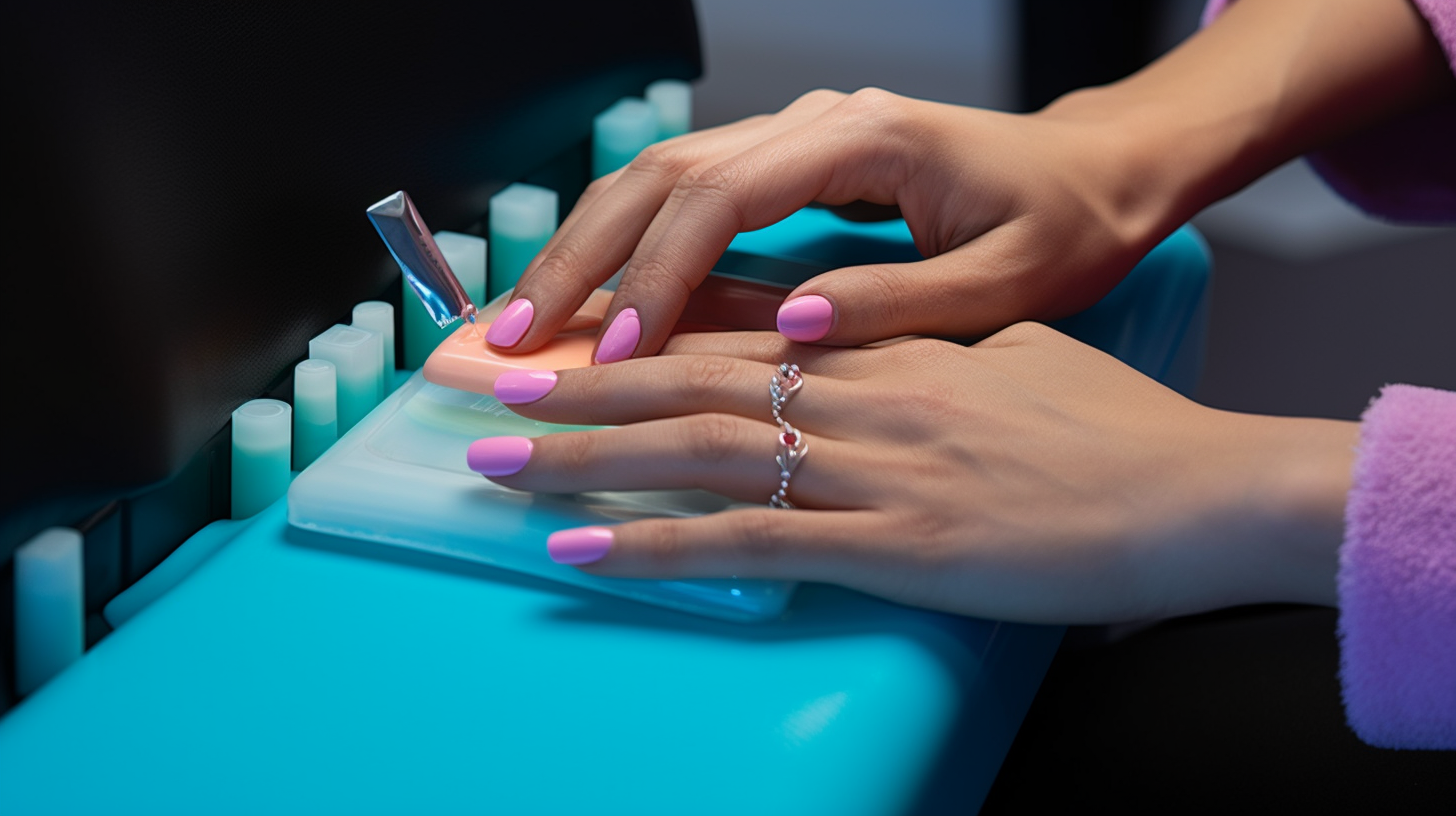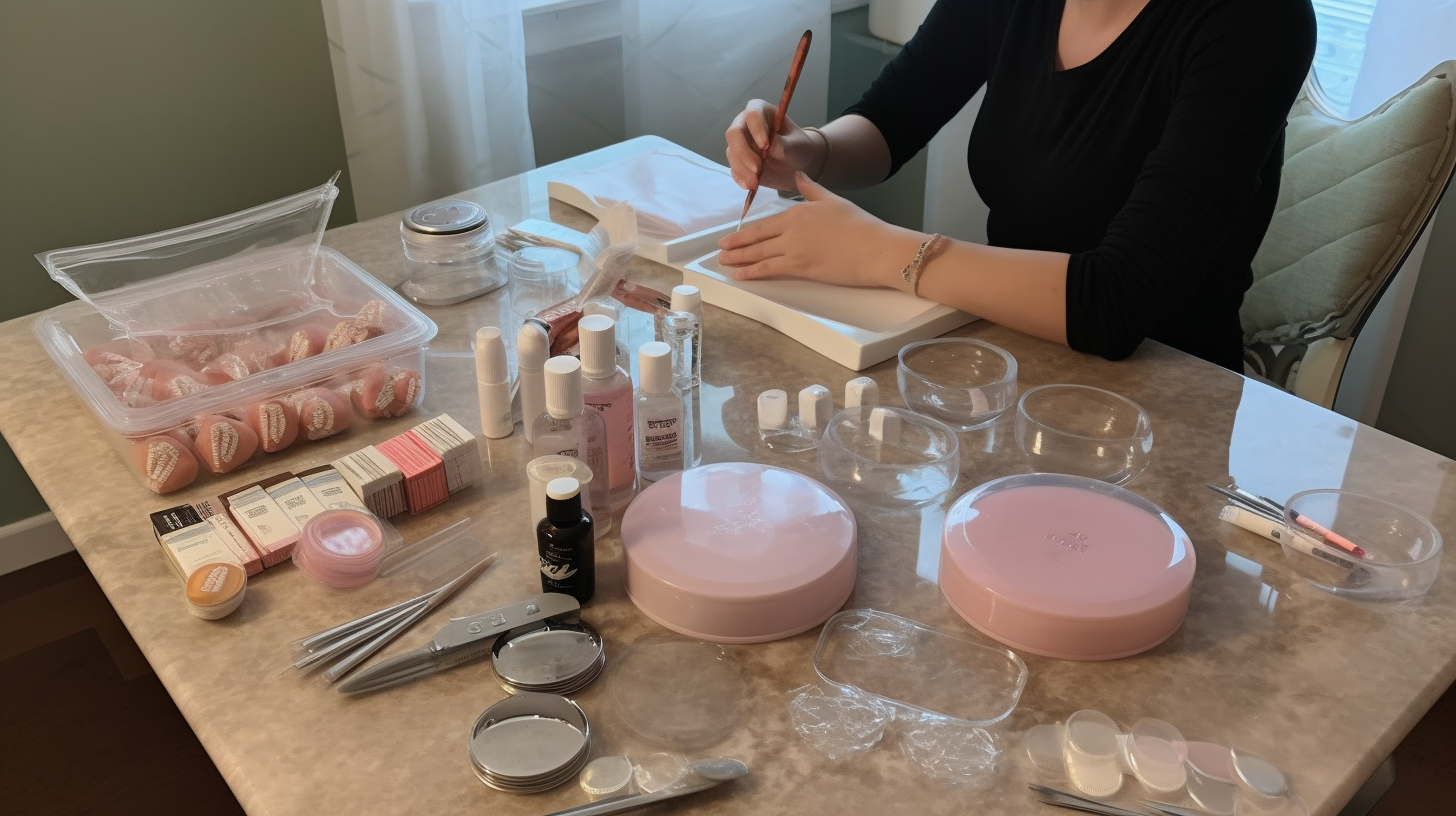Are Dry Cuticles Linked to Vitamin Deficiency? Discover the Connection
Dry cuticles can be a frustrating and uncomfortable condition that many people experience. Not only can they make your hands look unsightly, but they can also be painful and prone to cracking. If you’ve been dealing with dry cuticles, you may have wondered if there’s a deeper underlying cause. Could it be linked to a vitamin deficiency? In this article, we will explore the connection between dry cuticles and vitamin deficiency, discuss the potential causes, and provide practical tips for maintaining healthy cuticles.
Understanding Dry Cuticles
Before we dive into the relationship between dry cuticles and vitamin deficiency, let’s first understand what exactly dry cuticles are. Cuticles are the thin layer of skin that surrounds the base of your nails. They play an important role in protecting your nails from infections by sealing them off from bacteria and other external elements.
Dry cuticles occur when this protective layer of skin becomes dehydrated and loses its natural moisture. This can result in rough, cracked, and peeling cuticles that are not only unsightly but also prone to infection.
The Link Between Dry Cuticles and Vitamin Deficiency
While there isn’t extensive research specifically linking dry cuticles to vitamin deficiency, certain vitamins play a vital role in maintaining healthy skin, hair, and nails. Therefore, it is possible that a deficiency in these essential nutrients could contribute to the development of dry cuticles.
One such vitamin is biotin (also known as vitamin B7 or vitamin H), which has been widely recognized for its role in promoting healthy hair and nails. Biotin helps strengthen the keratin infrastructure of our nails and aids in moisture retention.
In addition to biotin, other vitamins like vitamin E and vitamin C also contribute to overall nail health. Vitamin E is known for its antioxidant properties, which help protect the nails from damage caused by free radicals. Vitamin C, on the other hand, aids in collagen production, which is essential for maintaining the strength and elasticity of the skin around the nails.
However, it’s important to note that dry cuticles can have various causes, including environmental factors (such as exposure to harsh chemicals or frequent handwashing), excessive use of nail products, and certain medical conditions. Therefore, it’s crucial not to jump to conclusions and assume that dry cuticles are solely caused by a vitamin deficiency.
Other Causes of Dry Cuticles
As mentioned earlier, dry cuticles can be caused by a variety of factors. Here are some common causes:
- Excessive handwashing: Frequent handwashing with harsh soaps can strip the natural oils from your skin, including your cuticles.
- Harsh weather conditions: Cold weather and low humidity levels can cause your skin, including your cuticles, to become dry.
- Chemical exposure: Regular contact with chemicals found in cleaning products or nail polish removers can irritate and dehydrate your cuticles.
- Nail trauma: Biting your nails or picking at your cuticles can damage the skin and lead to dryness.
- Underlying health conditions: Certain medical conditions like eczema or psoriasis can cause dry skin and cuticles as a symptom.
If you’re experiencing persistent dry cuticles or if they are accompanied by other concerning symptoms, it’s advisable to consult a dermatologist or healthcare professional for an accurate diagnosis and appropriate treatment.
Improving Cuticle Health through Nutrition
While maintaining a healthy diet alone may not completely eliminate dry cuticles, it can certainly contribute to overall nail health. Including certain vitamins and nutrients in your diet can help support the health of your cuticles and nails.
1. Biotin-rich foods:
Biotin is found naturally in many foods, including eggs, nuts, seeds, whole grains, and leafy green vegetables. Adding these biotin-rich foods to your diet can help ensure an adequate intake of this essential vitamin.
2. Vitamin E sources:
Vitamin E can be obtained from various food sources such as almonds, sunflower seeds, spinach, avocado, and olive oil. Including these foods in your meals can provide your body with the necessary vitamin E for healthy cuticles.
3. Vitamin C-rich foods:
To boost collagen production and support nail health, incorporate foods rich in vitamin C into your diet. Citrus fruits like oranges and grapefruits, strawberries, bell peppers, and broccoli are excellent sources of vitamin C.
Tips for Maintaining Healthy Cuticles
In addition to proper nutrition, adopting good skincare habits can go a long way in keeping your cuticles moisturized and healthy. Here are some tips to help you maintain healthy cuticles:
- Moisturize regularly: Apply a moisturizing cream or oil specifically designed for nails and cuticles daily to keep them hydrated.
- Avoid harsh chemicals: Wear gloves when using cleaning products or other chemicals that may irritate or dehydrate your cuticles.
- Avoid excessive filing or cutting: It’s important to be gentle when caring for your cuticles. Avoid excessive filing or cutting, as it can damage the skin and lead to dryness.
- Protect your hands: In cold weather, wear gloves to protect your hands and cuticles from the drying effects of low temperatures.
- Stay hydrated: Drink plenty of water throughout the day to keep your body and skin hydrated.
The Bottom Line
While dry cuticles can be bothersome, they are usually not a cause for major concern. While a vitamin deficiency may contribute to their development, it’s important to consider other potential causes as well. By adopting a healthy diet rich in essential vitamins and practicing good skincare habits, you can support the health and moisture of your cuticles. If you’re concerned about persistent dryness or any other concerning symptoms, it’s always best to consult with a healthcare professional for guidance.
Remember, maintaining healthy cuticles is just one aspect of overall nail health. Taking care of your nails by avoiding excessive use of nail products, keeping them clean and trimmed, and protecting them from trauma will also contribute to strong and beautiful nails.
So go ahead, give your cuticles some extra love and attention, and enjoy healthy-looking nails!




